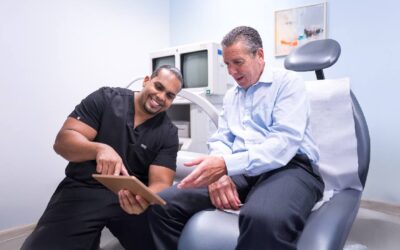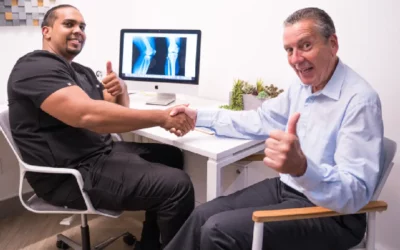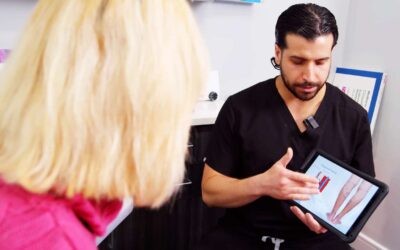What Are The Best Treatments for Veins?
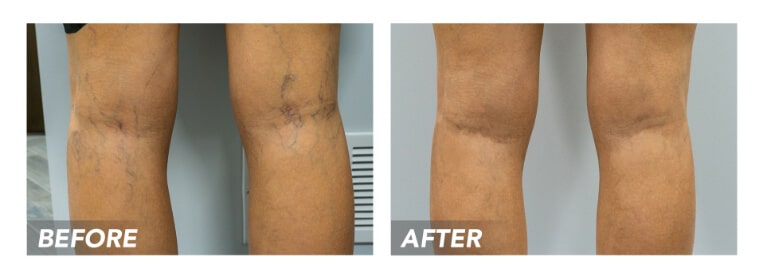
If you’re suffering from spider veins or varicose veins, you’re not alone. Millions of people around the world have vein problems. Fortunately, modern medicine has developed a range of treatments that can help you get rid of spider veins and varicose veins. At New Jersey Vein Treatment, we specialize in minimally invasive vein treatments, which means we only offer treatments that don’t require hospitalization, general anesthesia, or lengthy recovery periods. Here are some of the best treatments for veins.
Sclerotherapy
Sclerotherapy is a medical procedure that has been used to treat spider veins for several decades. The solution used in sclerotherapy is usually a detergent-like substance, such as sodium tetradecyl sulfate or polidocanol, that irritates the lining of the affected vein. When the solution is injected into the vein, it irritates the vein walls, causing them to stick together and seal shut. Once the vein is sealed, it is no longer able to carry blood, and the body naturally absorbs it over time.
At New Jersey Vein Treatment, we use ultrasound to guide the needle and ensure that the solution is injected into the right spot. This technique improves the accuracy and safety of the procedure. We also use a special foam sclerotherapy technique for larger spider veins, which involves injecting a foam solution into the vein to increase the surface area of contact between the solution and the vein wall.
Sclerotherapy is a quick, relatively painless procedure that takes less than an hour to complete, and you can return to your normal activities the same day. However, it may take several weeks or months for the vein to fade from view completely. In rare cases, sclerotherapy can cause side effects such as swelling, redness, or itching around the injection site, but these usually go away on their own within a few days.
Endovenous Laser Ablation
Endovenous laser ablation (EVLA) is a minimally invasive procedure that uses laser energy to close varicose veins. During the procedure, a laser fiber is inserted into the affected vein under local anesthesia. The laser energy is then used to heat the inside of the vein, causing the vein to seal shut. The body reroutes blood flow to healthy veins, and the treated vein is eventually absorbed by the body.
The use of laser energy in EVLA allows for precise targeting of the affected vein without damaging surrounding tissues. The procedure is typically performed on an outpatient basis and takes less than an hour to complete. Patients are usually able to return to their normal activities immediately following the procedure, although some mild discomfort or bruising may occur for a few days.
EVLA is considered a safe and effective treatment for varicose veins, with a success rate of over 95%. It is particularly useful for larger varicose veins and is often preferred over traditional vein stripping surgery. In rare cases, EVLA may cause side effects such as skin discoloration or inflammation, but these typically resolve on their own within a few weeks.
Radiofrequency Ablation
Radiofrequency ablation (RFA) is a minimally invasive treatment for varicose veins that uses radiofrequency energy to heat and seal the affected vein shut. The procedure is similar to endovenous laser ablation but uses a different type of energy to achieve the same result. During the procedure, a thin catheter is inserted into the affected vein under local anesthesia. The catheter delivers radiofrequency energy to the vein wall, causing it to collapse and seal shut.
RFA is a safe and effective treatment for varicose veins, with a success rate of over 90%. The procedure takes less than an hour to complete, and most patients are able to return to their normal activities immediately following the procedure. Some mild discomfort or bruising may occur in the treated area, but this usually goes away within a few days.
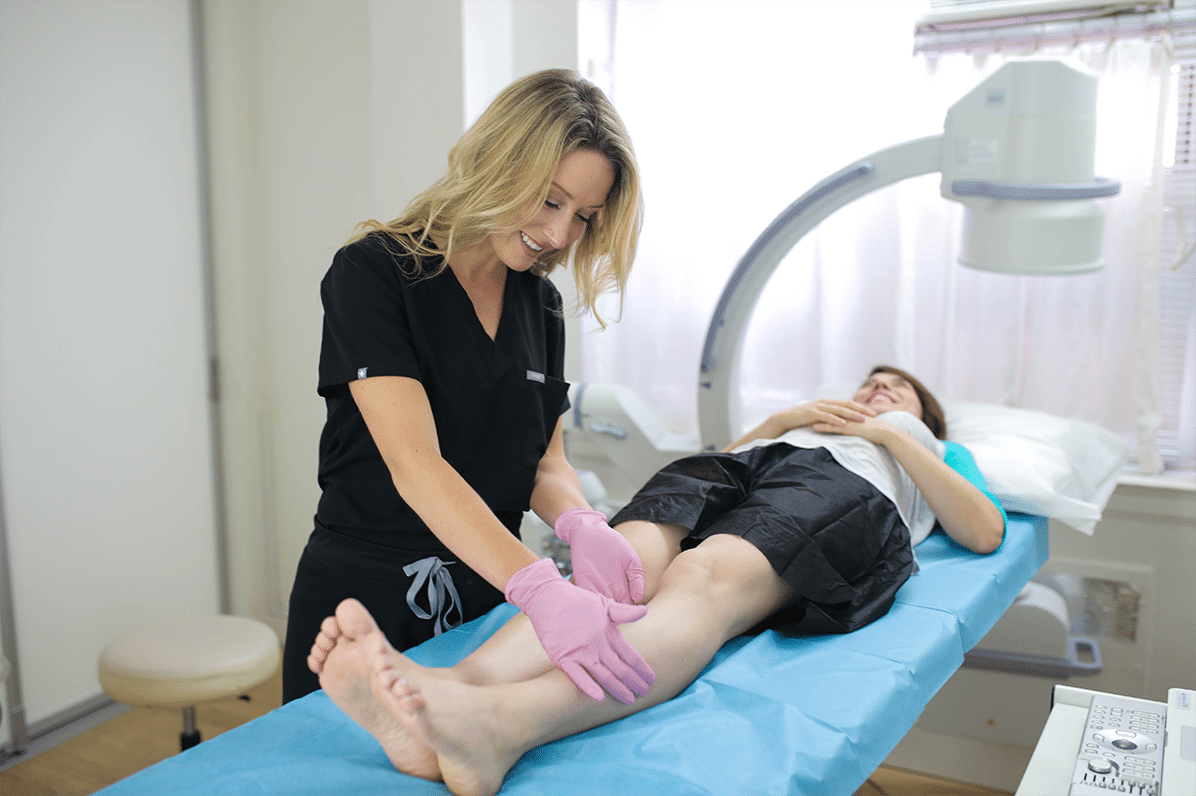
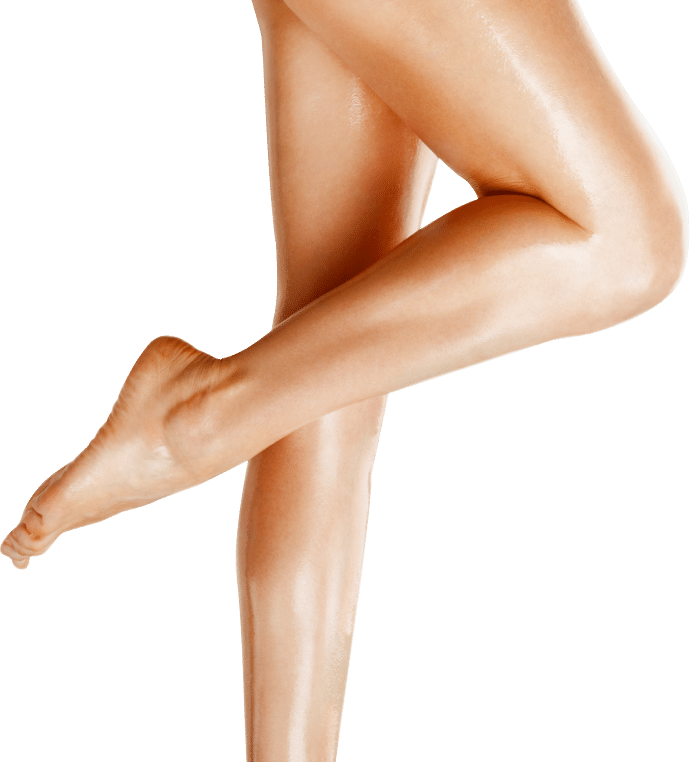
BOOK AN APPOINTMENT
Do you have any symptoms? Consult now with one of the Best Vein Specialist in New Jersey
RFA is a popular alternative to traditional vein stripping surgery because it is minimally invasive and does not require general anesthesia or lengthy recovery periods. It is also highly effective in treating larger varicose veins that may not respond well to other treatments.
VenaSeal
VenaSeal is a minimally invasive treatment for varicose veins that uses a medical adhesive to seal the affected vein shut. The procedure is performed under local anesthesia and involves inserting a small catheter into the affected vein. The catheter delivers a medical adhesive to the inside of the vein, which causes the vein walls to stick together and seal shut.
VenaSeal is a safe and effective treatment for varicose veins, with a success rate of over 90%. The procedure takes less than an hour to complete, and patients are usually able to return to their normal activities immediately following the procedure. Unlike other treatments for varicose veins, such as endovenous laser ablation or radiofrequency ablation, VenaSeal does not require multiple injections or the use of heat energy to seal the vein.
The medical adhesive used in VenaSeal is biocompatible and does not cause any adverse reactions in the body. The treated vein is eventually absorbed by the body, and blood flow is rerouted to healthy veins. The procedure is relatively painless, and patients may experience some mild discomfort or bruising at the injection site. VenaSeal is a good option for patients who prefer a non-thermal approach to varicose vein treatment or who have a history of adverse reactions to other treatments.
Ambulatory Phlebectomy
Ambulatory phlebectomy is a minimally invasive treatment for larger varicose veins that involves removing the affected vein piece by piece through small incisions in the skin. The procedure is typically performed under local anesthesia, and the incisions are so small that they don’t require stitches.
Ambulatory phlebectomy is a safe and effective treatment for varicose veins, with a success rate of over 90%. It is particularly useful for larger varicose veins that may not respond well to other treatments. The recovery time after ambulatory phlebectomy is minimal, and patients are usually able to return to their normal activities within a day or two.
During the procedure, a small incision is made in the skin over the affected vein. The vein is then carefully removed through the incision in small sections. The incisions are so small that they do not require stitches, and there is usually no scarring after the procedure. Patients may experience some mild discomfort or bruising in the treated area, but this typically goes away within a few days.
Compression Stockings
Compression stockings are a non-invasive treatment for spider veins and varicose veins. They work by putting pressure on the affected veins, which helps improve circulation and reduce swelling. Compression stockings are available in different strengths and styles, and they can be worn all day or just during periods of prolonged sitting or standing.
Schedule an Appointment
If you’re suffering from spider veins or varicose veins, don’t hesitate to schedule an appointment with us at New Jersey Vein Treatment. Our team of board-certified vein doctors is dedicated to providing you with personalized and effective treatment options. We have multiple convenient locations throughout New Jersey, including Clifton, Paramus, Woodland Park, Woodbridge, and Scotch Plains. Contact us to schedule a consultation today.
NJ Vein Doctors
Meet our team of New Jersey Vein Treatment Specialists
Vein Treatments are covered by most major medical insurances, including Medicare. Call us today to verify your insurance for FREE >
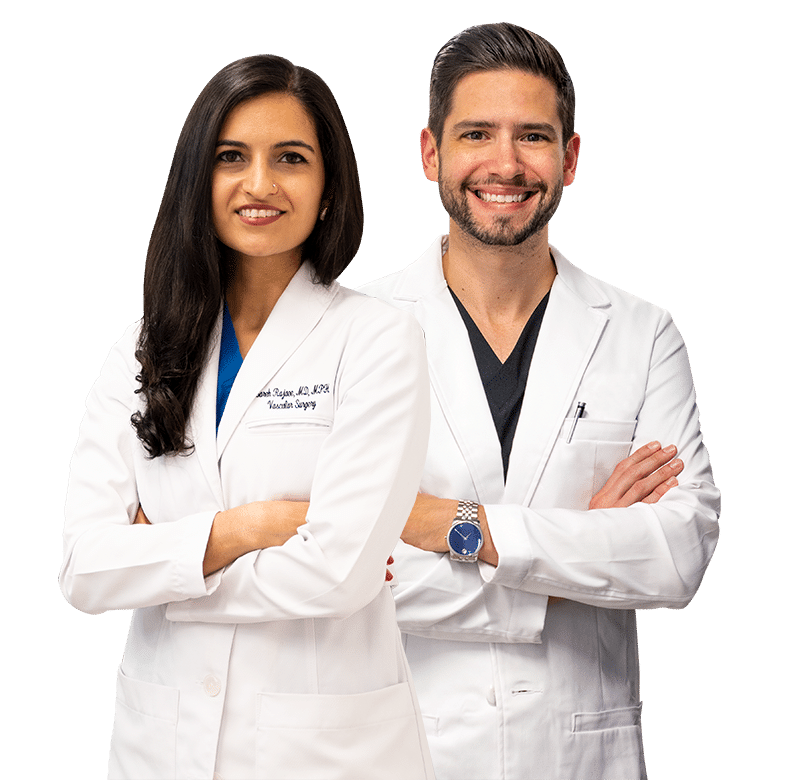
Meet our Team of Top Vein Specialists in New Jersey
Contact us
CALL US
Speak instantly with one of our team members; they will answer any questions you may have regarding insurance coverage, booking an appointment and our vein treatment locations. (973) 946-8082
BOOK APPOINTMENT
Visit our Book Appointment page and instantly request an appointment at the New Jersey vein center. We offer Free Insurance Verification before your appointment.
